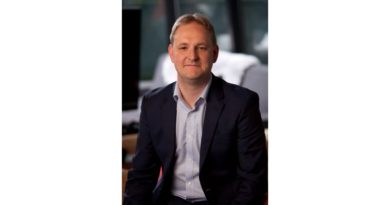Future Publishing to acquire Cycling Weekly parent
Future Publishing announced last night that it will acquire Cycling Weekly publisher TI Media for £140 million.
Future has a long history with cycling titles, having formerly been the parent to titles ranging MBUK (before it sold to Immediate Media) and briefly BikeBiz before that was sold on in April 2018.
It’s not the first time in recent history the portfolio around Cycling Weekly has been mooted for a merging. In March of 2018 rumours flew about a £300 million merger with Dennis Publishing, the parent to Cyclist Magazine. This closely followed the buyout of TI, formerly Time Inc, by private equity firm Epiris, which was said to have paid around £130 million.
Cycling Weekly became the priority for TI Media as of summer 2016 when the publisher closed Cycle Sport and Cycling Active.
Thereafter Cycling Weekly went on to dip into the awards business.
The move now sees Pro Cycling, Cycling News, Cycling Weekly and Bike Perfect all under the Future Publishing umbrella. ProCycling and Cycling News were bought back from Immediate Media, now the owner of the Cycle Show’s parent, among other shows, in February.
The funds for the deal will now be raised by the placing of 8.2 million new shares through an accelerated bookbuild at a price still be be confirmed, according to filings. These shares represent around 9.6% of the share capital of the business.
“This acquisition provides an outstanding opportunity to accelerate Future’s strategy and to bolster its growth levers,” said Future CEO Zillah Byng-Thorne.
“TI Media’s long-established market leading brands, industry events and quality content are an exceptional fit with our business and our strategy,” she added.
Future Publishing has outlined a strategy to achieve growth via careful acquisition.
“We are confident that the acquisition will be materially earnings enhancing in the firt year, driving further growth in profitability and cash generation, whilst significatnly enhancing our scale and reach,” Byng-Thorne concluded.



